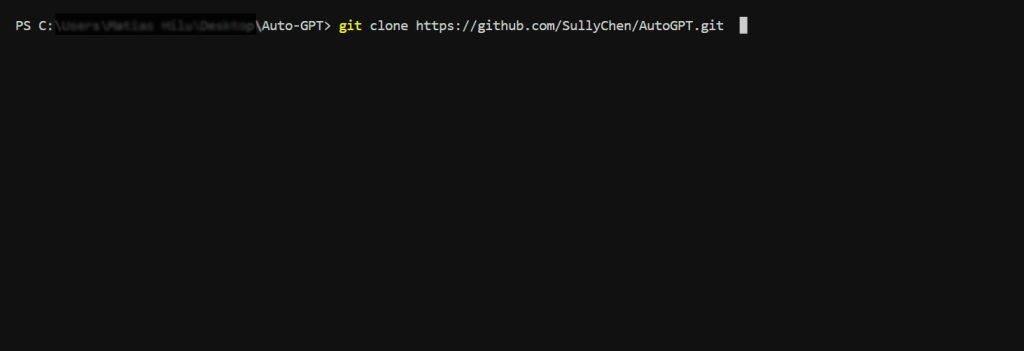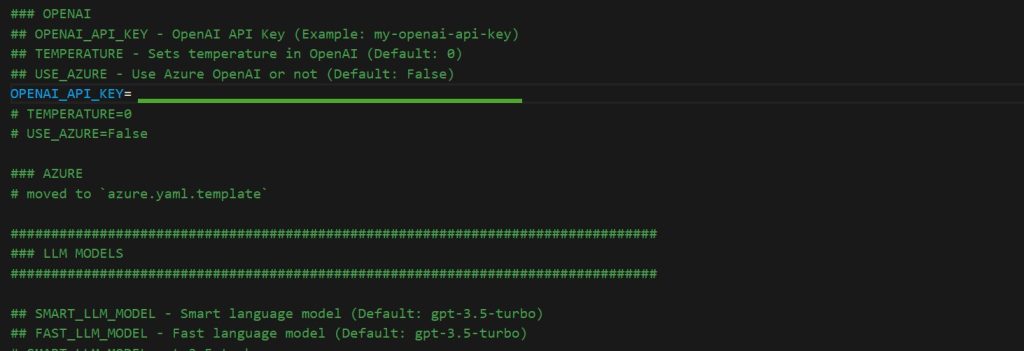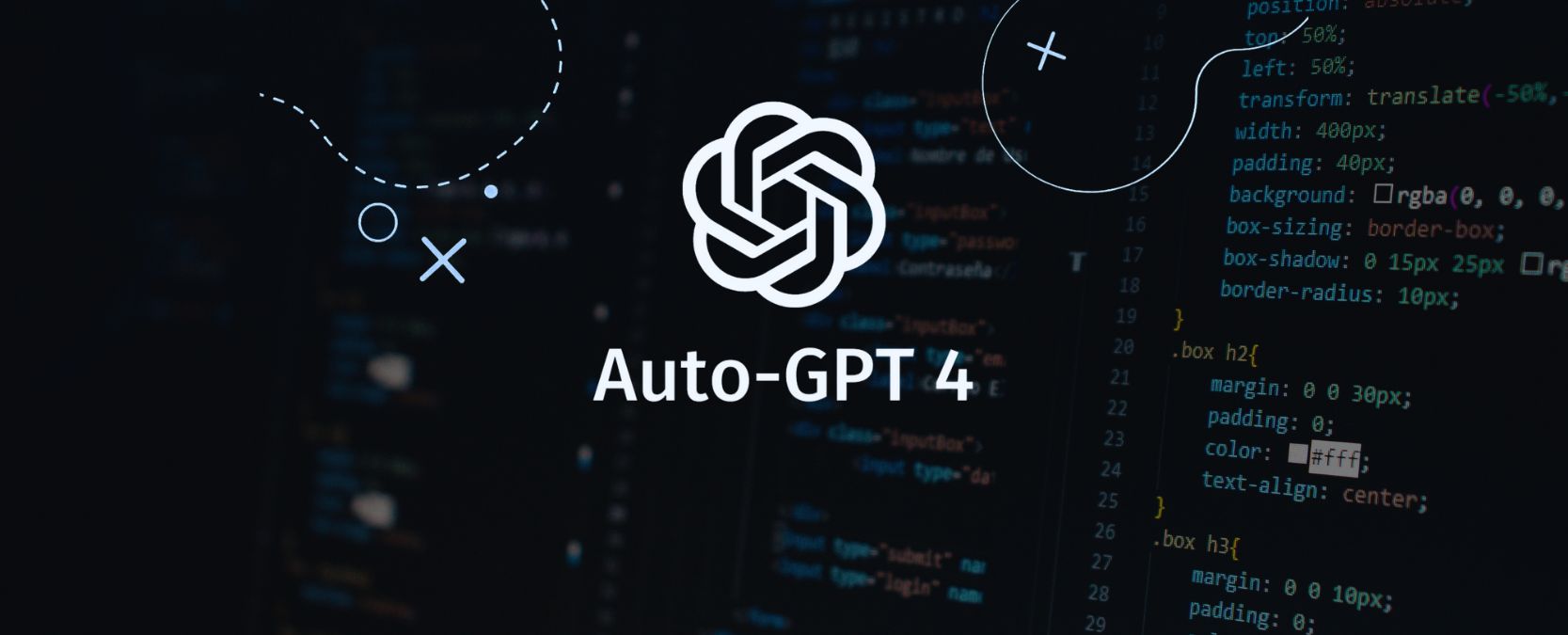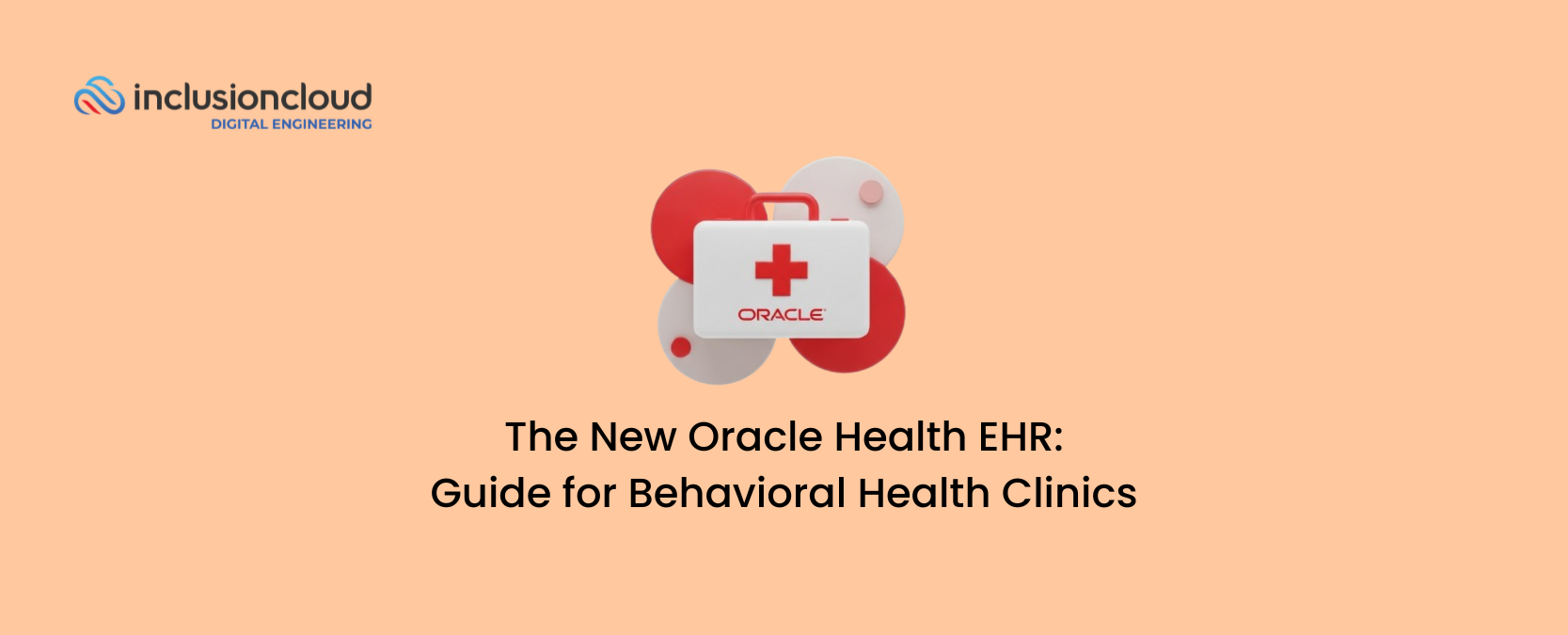AI-powered tools are dominating the world right now, and this latest one we’ll talk about could greatly help users. Both ChatGPT and AI-powered tools such as Microsoft Copitlot, and Bing’s AI, among others, are changing the way we use the Internet.
Auto-GPT is an AI model of immense power that harnesses the Generative Pre-trained Transformer (GPT) technique for a variety of tasks, including text generation, translation, and more. GPT, a type of generative model, utilizes pre-existing data to generate new data based on established patterns.
Auto-GPT and generative models complement each other, providing a powerful solution to address a wide range of complex problems. The process of setting up Auto-GPT is akin to solving a jigsaw puzzle, requiring you to obtain a pre-trained GPT model from popular repositories such as GitHub. Once you have the model, you can tailor it to your specific requirements by adjusting its parameters, ensuring flexibility and efficiency.
In this article, we will go step by step through the installation of AutoGPT, so you can start using it right away.
How to Install Auto-GPT
AutoGPT is a GPT-based language model developed by Sully Omarr. It is available for download on GitHub and can be installed on any computer with Python 3.x installed.
Here are the steps to install AutoGPT:
Step 1: Install Python 3.x or Git
Python is an open-source programming language that is widely used for data science and AI applications. You can download the latest version of Python from the official website, or you can also download Git. Make sure to select the appropriate version for your operating system.
Step 2: Clone the Auto-GPT repository (Git)
You can download the AutoGPT code from the GitHub repository by running the following command:
- git clone https://github.com/Significant-Gravitas/Auto-GPT.git
Inside the console, position yourself in the folder where you want AutoGPT to be downloaded, then run this command.

Are you looking for job opportunities with top U.S. companies? Check out our open positions here.
Step 3: .Zip
In case you do not use the Git program, you can download the .zip file, which once downloaded must be unzipped and placed in the folder of your choice, note that the AutoGPT files are there.
Step 4: Install the required packages
AutoGPT requires several Python packages to run, including Transformers and Torch. You can install them using pip by running the following command in the root folder:
- pip install -r requirements.txt

In case of an error
Sometimes, due to user permissions issues, the command is not executed correctly. In that case the appropriate command is:
- pip install -r requirements.txt –user
Step 5: Settings
Now we need to put our API key, you are going to need an OpenAI account, once it’s done, you will need to copy the API Key and paste it into the env.template file.
Step 6: env.template
Look for the file called “env.template” , you will realize that almost everything is commented, which means it doesn’t work, except the line that says “OPENAI_API_KEY=”
There you paste your API Key.
Step 7: API key
To continue, it is necessary to have an OpenAI account, which will allow you to obtain the necessary API Key.
If you have a paid OpenAI account, once you have generated the API key you must save it.
In case you have a free account, you must perform some extra steps:
- In the same file you must go to the “LLM MODELS” configuration.
- There you will find lines of code whose names indicate “SMART LLM MODEL”, which include a section of code written “Default:gpt-4”.
- Following change the code section that says “Default: gpt-4” to “Default: gpt-3.5”.
After this change the name of the .env.template file to .env
This is the basic configuration to start using AutoGPT.

Step 8: Starting Command
Once the console is open, you can proceed with the startup in multiple ways:
Normal/ Without Docker
Depending on your operating system, insert the following code into the root folder.
- Linux/Mac: ./run.sh start
- Windows: .\run.bat
Another way to start the program, regardless of the operating system, is as follows:
- python -m autogpt

When you run this:
Verify that all packages in requirements.txt are properly installed
- Linux/Mac: ./run.sh start
- Windows: .\run.bat
On the other hand, this:
- python -m autogpt
And it should run it directly.
With Docker
Docker is an open-source tool that automates the deployment of applications in software containers. If you prefer to use Docker, these are the necessary steps. Once installed, you add the following commands in the console.
- In the root folder, create a docker image with the following and run it:
1) docker build -t autogpt .
Let it run and once is done add the next one:
docker run -it –env-file=./.env -v $PWD/auto_gpt_workspace:/app/auto_gpt_workspace autogpt
- Or if you have docker-compose:
2) docker-compose run –build –rm auto-gpt
Or
3) docker-compose run –build –rm auto-gpt –gpt3only –continuous
AutoGPT is installed and ready to use, feel free to write a prompt and give it a task!

Applications
Now that you have AutoGPT installed, here is a list of applications of this useful tool:
- Interact with apps.
- Software and services both online and locally, like web browsers and word processors.
- Access to the internet for searches and information gathering.
- Long and short-term memory to store information about your searches.
- The ability to remember past prompts to self-generate the next.
- Utilizes OpenAI’s GPT-4 for text generation.
- Utilizes GPT 3.5 for file storage and summarization.
- Can read, write, and execute code, allowing the AI to improve its own programming on Python.
- Can complete tasks autonomously, creating its own prompts to get the job done.
- Can generate and complete tasks based on a goal.
- Ability to figure out how to proceed if it finds itself unable to complete a task.
- Capable of handling more advanced tasks such as creating an app, building a new startup, and more.
Conclusion
Note that while Auto-GPT can be a powerful tool, it should be used responsibly and ethically. Ensure that you have the necessary permissions and rights to use the pre-trained GPT model for your specific application.
If you have any questions regarding the installation or use of this program, contact us!
Get the latest in tech, IT services, and business trends. Follow us on LinkedIn for insightful updates and expert knowledge that keeps you at the forefront of the industry.





